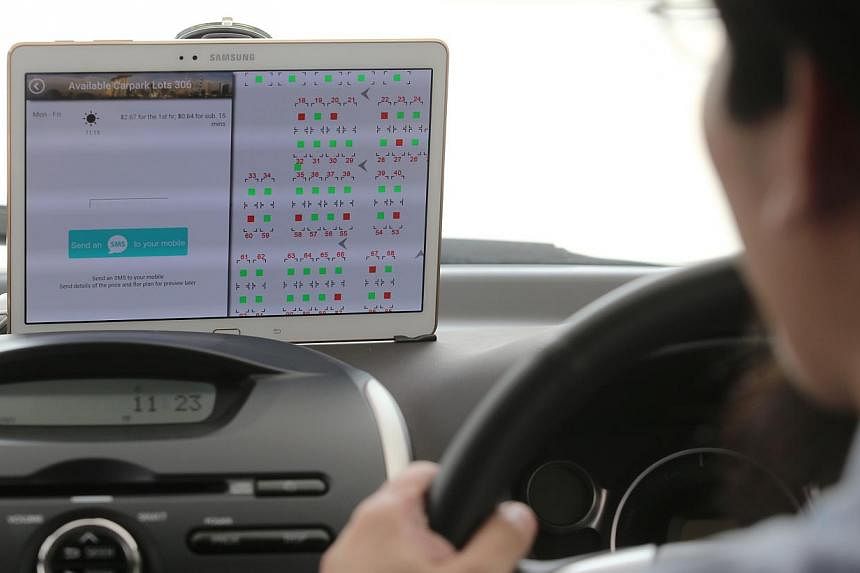AS SINGAPORE marches towards its Smart Nation goal, government bodies, enterprises and citizens will witness a massive volume of data collected from various sources - the Internet of Things, connected devices, sensors, apps and so on.
There is already greater appreciation for the value of data as a resource and the integral role it plays in making the Smart Nation vision a reality.
On the Smart Nation roadmap, several initiatives and programmes aimed at raising the bar in the delivery of services have been generating and relying on data heavily.
Through data analytics and observations, insights and conclusions are extracted to support decisions. For example, diabetic patients could use the iBGStara blood-glucose meter on their smartphones to view and share accurate data with their doctors.
Similarly, through the MyTransport Journey Planner app, the Land Transport Authority (LTA) provides real-time travel information to help commuters better plan their journeys. Commuters are not only able to retrieve accurate bus arrival times but are also given an indication of how crowded the buses are.
More often than not, however, the idea of analytics is hastily applied, thus missing out on a very important step - data management.
Imagine a messy kitchen cluttered with groceries, and cookware and dinnerware. A lack of data management is akin to scrambling and rummaging through this mess for the right ingredients, pot or pan to whip up a good meal.
An effective or sound data management strategy declutters, sorts, stores and ensures data is backed up and protected for future recovery needs. This supports and enables the procurement of insights, which can then be used to derive answers, anticipate needs and improve urban planning and quality of life.
Poor data-management practices, on the other hand, prevent the full maximisation of the value of data. Having multiple copies of the same data, a lack of visibility of what type of data is being stored or failing to categorise data based on priority, impedes an organisation's ability to pull out important data quickly.
Let's take for example the Smart City Parking app that is being developed jointly by A*Star, Continental and the Technical University of Munich's Create centre.
Drivers will be able to tell the app where they want to go and it will provide a list of available parking lots nearby with their prices.
This intelligent parking, monitoring and navigation system demands that relevant and real-time data is retrieved promptly.
At the same time, the Housing Board has introduced the Smart Car Park system which automatically increases the number of available spaces for visitors during the day when residents with season parking tickets are out. The system will also reduce the number of available spaces for short-term parking in the evening, to ensure sufficient spaces are reserved for residents returning home.
In order to juggle and allocate parking spaces accurately, the system needs to be able to instantly pull out, cross-match and verify visitors' and season parking ticket holders' details.
While this ensures the latter will have available spaces to choose from when they return, this can be achieved only if data has been sorted appropriately.
Managing data well ensures that stored information is organised so that required data is easily made available to facilitate quicker and better decision-making.
Take another example: peak-hour traffic management, a key challenge global cities face.
To better deal with this problem, the LTA interprets location data gathered from residents' mobile phones.
Through this analysis, insights on travel patterns - routes taken, modes of transport used - are quickly extracted, enabling the authorities to review and alter public transport models.
Data and information form the foundation of Singapore's aim to be a Smart Nation.
Already, growing deployment of sensors results in a burgeoning amount of data collected. But raw data has no value if insights and conclusions can't be drawn from it.
Data needs to be properly categorised, prioritised and managed. In other words, a good data-management system must be established before the country's Smart Nation vision can be fully realised.
The writer is the Director of Systems Engineering, Asean, CommVault Systems.

